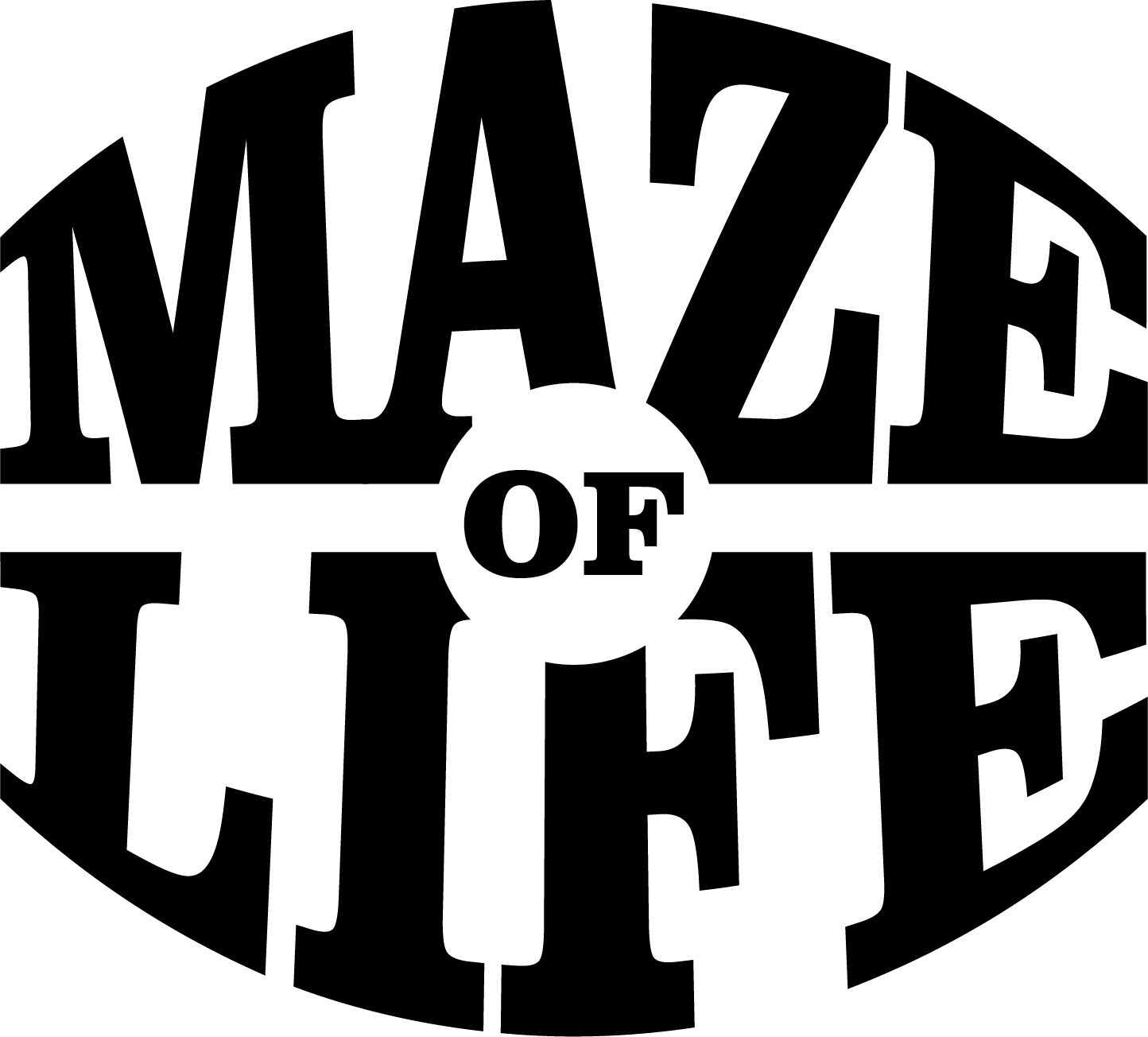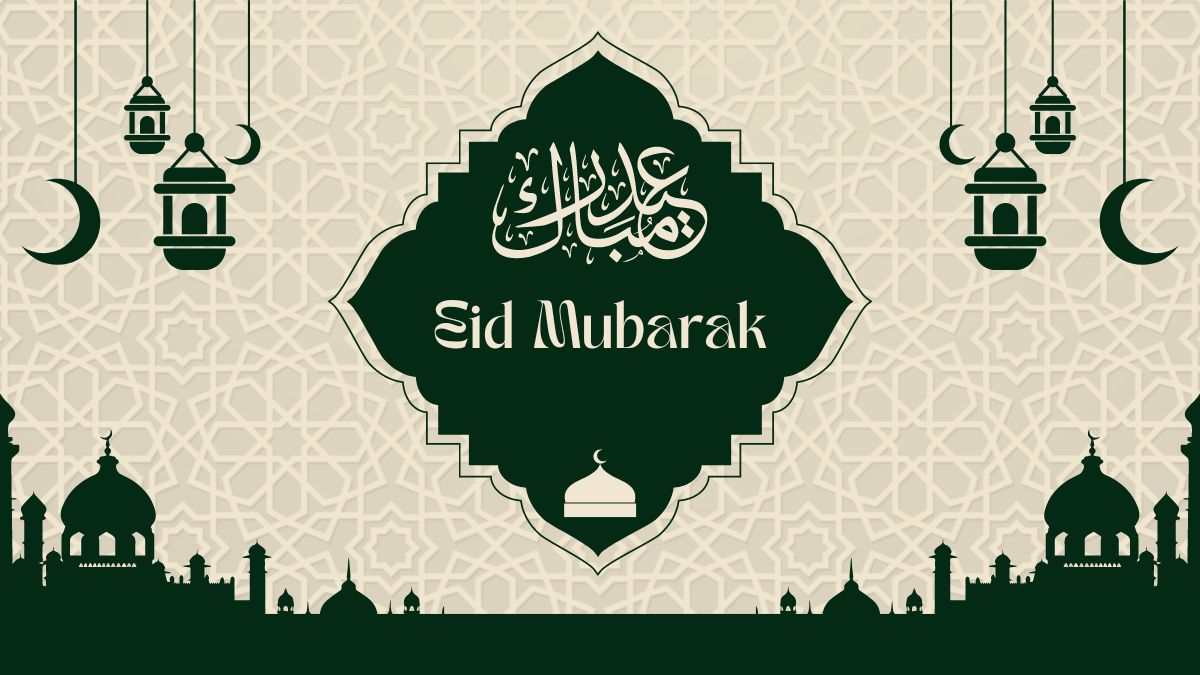Today, we all celebrate Eid ul-Fitr with all our Muslim friends. Eid ul-Fitr is a festival that commemorates the end of Ramadan, the Islamic holy month of fasting. It is a day of celebration, thanksgiving, and unity, which is observed by Muslims across the globe.
Significance of Ramadan
In Islam Ramadan is a sacred month. Muslims across the globe participate in fasting and prayer. This is an event to mark personal reflection and relationship with the community. It is said to be the month when the Quran was first revealed to Prophet Muhammad. During this time, Muslims fast from sunrise to sunset, abstaining from food, water, and other bodily needs, as a devotion and exercise in self-discipline.
The religious importance of Ramadan is that it focuses on purification—both spiritual and physical. Fasting promotes patience, humility, and thankfulness and fosters self-control and compassion for the needy. During this entire month our muslim friends spend their most of time in prayers, recitation of the Quran, and charity.
By the end of the month, Muslims strive to improve spiritually and become more attuned to God. Ramadan generates a strong sense of unity since family members and friends gather to break their fast at Iftar and encourage each other in their spiritual path.
Why is Eid ul-Fitr Celebrated?
People observe Eid ul-Fitr, or the “Festival of Breaking the Fast,” on the first day of Shawwal (the month after Ramadan in the Islamic calendar). It is a holiday to thank Allah for the strength and guidance given during Ramadan and to give blessings to others.
How is Eid ul-Fitr Celebrated?
The day starts with an Eid prayer at the mosque or open grounds, where individuals congregate in order to receive blessings and pray for peace and prosperity. It is traditional to wear new or special clothes, go to family and friends, and indulge in celebratory meals. A key aspect of Eid is Zakat al-Fitr, which is a donation provided to the poor before the prayers, so everyone is able to join in the celebrations.
One of the best things about the day is the scrumptious food made especially for the event. Traditional foods such as sheer khurma (sweet vermicelli pudding), biryani, and kebabs are usually shared with family and friends. Eid is also an occasion for showing love and happiness in the form of gifts, greetings, and kindness.
My Personal Experience with Fasting in 1996
Even though I am not a Muslim, I had the special experience of fasting for the whole month of Ramadan in 1996 with my Muslim friends. It was difficult initially, but as the days went by, I began to realize the deeper meaning of fasting.
One of the biggest lessons I learned was self-control. Fasting is not just about abstaining from food and water; it teaches discipline in thoughts and actions. I became more mindful of my words, my behavior, and even my attitude towards life.
Another lesson that was priceless was empathy. Starving for hours taught me the plight of those who do not have the privilege of eating at will. It made me appreciate the food on my plate and the comforts I used to take for granted.
The celebration of togetherness
The feeling of community during Ramadan was another lovely thing. I recall the excitement of sharing the breaking of the fast at Iftar, the evening meal that breaks the daily fast. Sharing it with friends and family, waiting expectantly for the call to Maghrib (evening prayer). I was anxiously waiting for the prayer to end and then sharing dates and water before sitting down to a good meal cemented a sense of oneness. There was something profoundly satisfying about knowing that throughout the globe, millions of individuals were sharing this same instant of unity and thankfulness.
A Festival Without Bounds
Eid ul-Fitr is more than a holiday; it is a celebration of the morals that Ramadan teaches—gratitude, empathy, and spiritual rejuvenation. My experience fasting during 1996 provided me with a deeper appreciation of the devotion and commitment of those who fast during Ramadan annually.
Whether you celebrate Eid or not, the principles behind it—discipline, empathy, and community—are universal and worth embracing in our daily lives.
Eid Mubarak to all who celebrate!
For more such articles keep visiting Maze of Life.


